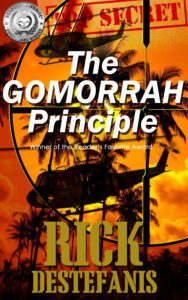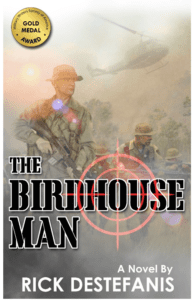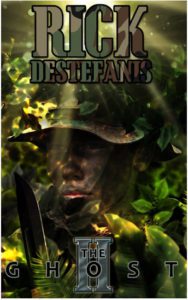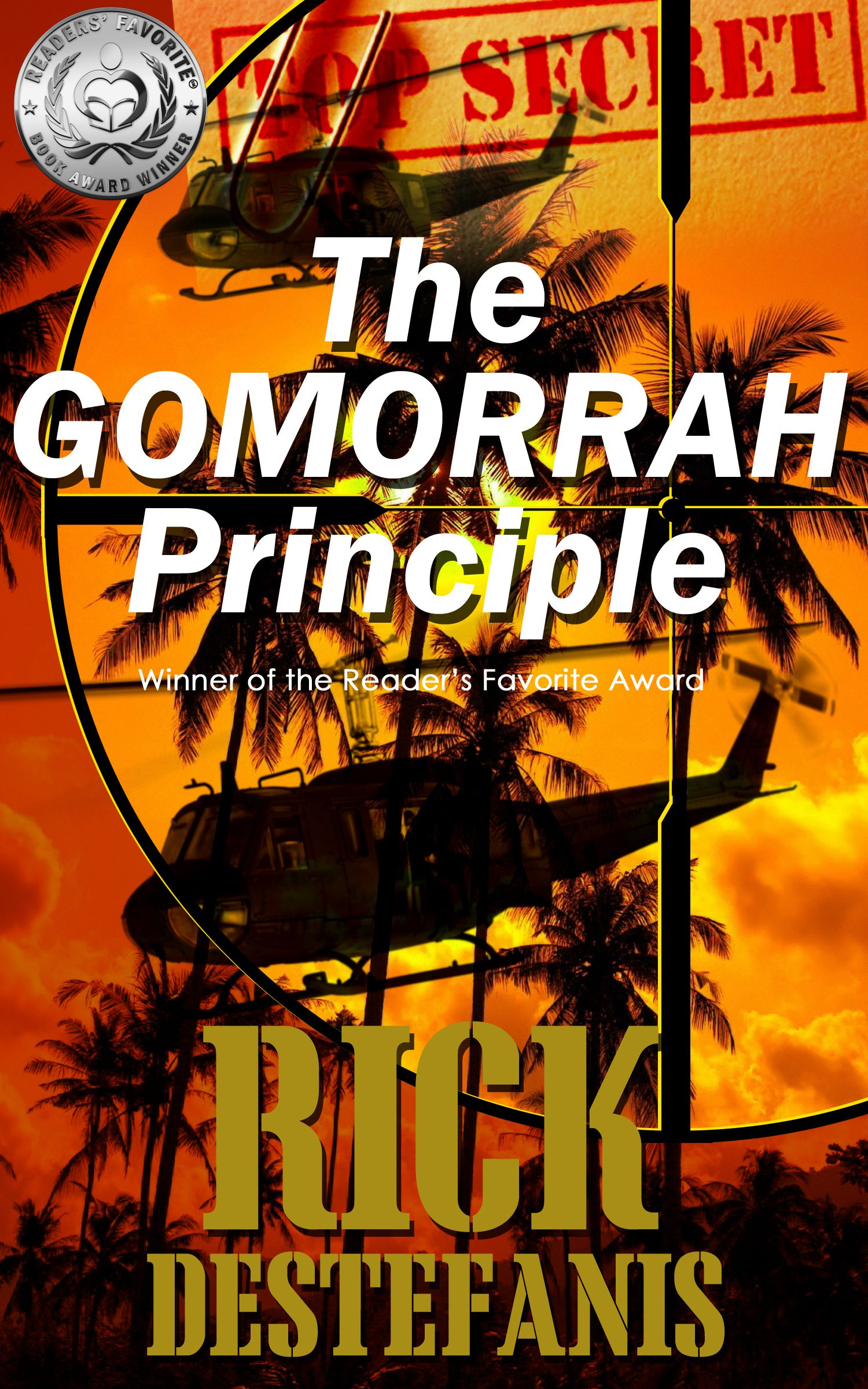A military veteran and former paratrooper who served with the 82nd Airborne Division from 1970 to 1972, Rick brings a wide variety of life experiences to his writing. While his military novels are fictionalized, they are based on actual stories told by his friends upon their return from Vietnam. Living in rural Mississippi with his wife, a couple dogs and two cats, he spends time behind the camera or fishing when not writing. (Read More)
BEST SELLER
When Brady Nash realizes his foster brother may have been murdered in Vietnam, he is compelled to join the military to find the truth. Unwilling to explain to his one true love, Lacey Coleridge, why he is joining the army, Brady leaves her angry and grief-stricken. Disavowing their relationship, Lacey turns away to pursue a country music career in Nashville. Only time will tell if she can totally abandon the man she loves, or if he will ever return from Vietnam. (Learn more why this was a best seller)














